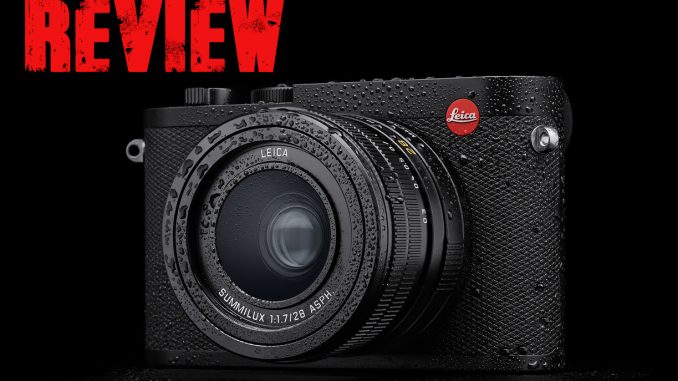
The Leica Q2 Real World Review and Experience. Worth the $5k?
By Steve Huff
Video Review of the Q2
The Q2 at 28mm. Crisp, with great color in this OOC JPEG.
The Leica Q launched and it gave us 24 MP, EVF, and a built in 28mm f/1.7 lens with close focus ability built right in. It was full frame as well and instead of 35mm like the Sony, Leica went a little wider and a little faster. The IQ was very different between the two cameras with the Leica having a more etched detail and color pop and the Sony having a more muted and gentler rendering. That is how I saw it anyway. Price wise, the Leica came in for more $$$ than the Sony, and the little RX1 series was already considered expensive when compared to other cameras. While pricey, for me it was worth it. The images that came out of that Sony were drool worthy at times but as I eluded to above, it was not the best feeling camera or the most fun to use. The RX1 is tiny, and quite a bit smaller than the Q and Q2. So in the hand it felt like I was shooting a small point and shoot. The RX1RII brought an EVF but it was far from being a great EVF solution. It was tiny, and popped up via a switch. The Sony did not feel like a photographers camera, like a Leica or a Fuji does. So in that area the RX1 lacked a bit. The Q and Q2 on the other hand, do indeed feel like a real photographers camera and also give back superb IQ.
The top image is a right ouy of camera JPEG. Some have said the JPEG’s of the Q2 were bad. I say that is a myth. Click images for larger. The 2nd image is from RAW.
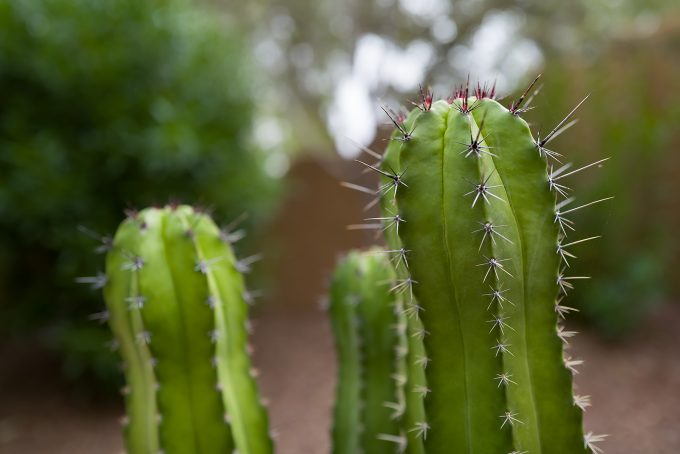
The original Leica Q had its own Mojo and the way the Leica just popped with the colors, especially the red’s drew many to the Q for the “Leica Look” which is a real thing (if you get the light and exposure right of course). I know many who shoot and own the Q and still to this day they LOVE IT. So now that the Q2 has been released, how does it compare to the Q or even the old Sony RX1 series?
Two shots with the Q2. One in a super low light music club that only gives one red bulb above to light the stage and another in Ikea ; ) Click them for larger. Top image is from RAW and bottom from JPEG.
The Q2 brings a few improvements or “changes” over the previous Q:
- A new 47 Megapixel sensor which means CROPPING power and more resolution when you need it. I personally do not think 47MP was needed, as I still feel today that 24 MP is the sweet spot and offers the best of all worlds. At 24MP you can have amazing low light performance and still plenty of detail for prints. Even large ones. I feel these days that many focus too much on the “100% crop” which is silly. We do not need uber sharp images at 100% on a 60″ print as no one prints a 100% crop for display. Sharpness doesn’t make an image, an artist does. But the Q2 packs in 47 MP and what this IS good for is cropping.
- The three crop modes in the Q2 are now allowing us to essentially crop into the sensor with a push of a button. We get 35, 50 and 75mm modes but as we crop in we loose resolution. By the time we get to 75mm we have a 7MP file. Even so, I remember taking 20X30 prints from my old Nikon 4MP D2hs. They were lovely. I feel the in camera crop is cool as it allows you to FRAME YOUR SHOT at the cropped focal length. Something you can not do in post. So the crop mode, is a convenience of sorts. It’s there if you want to zoom in but do remember that you will still have the depth of field of a 28mm f/1.7 lens as that is what you have on the Q. Zooming in will not change the Bokeh or DOF so you will not get a 35, 50 or 75mm DOF.
- The Q2 now uses the battery of the Leica SL, which is one of my all time top three fave cameras, EVER. The SL battery is nice and large and truly gives the Q2 more life than the old small batteries. THIS is awesome.
- The Q2 has a touch LCD and an OLED EVF which are both very nice. Crisp, great color and easy to work with. Larger, and super nice to look through, the EVF.
- The body has had a few refinements to make it more comfy and the menu is as simple as it ever was. Leica is good with Menus.
Below the Q2 at 28, 45, 50 and 75mm crops. The 28mm fame is of course full frame.
Low Light and JPEG
So I shoot in low light often. I love to shoot musicians and bands and to date the #1 best camera out of every one I have tested in these scenarios has surprisingly been the Canon 1dX MKII, and by a large margin. The 1dXII is IMO the best concert camera ever made and beats the EOS-R when the lights get dim, easy. I have shot the Leica SL in these low light clubs and it did very good but not 1dxII good. The M10, same thing. Leica has improved dramatically in low light shooting over the years (the M8 and M9 was awful) and I have shots at 10K ISO that look great from the M10. But the Q2 does not seem to be as good in vey low light as the M10 or SL, two older cameras but two cameras that have 24MP sensors. Hmmmm.
As for the Q2 I feel the low light capabilities are not as good as the M10 or SL or possibly even the original Q, but again, I am shooting in VERY low light conditions, what some would call a torture test. I was shooting it alongside the EOS-R in a VERY challenging environment trying to photograph the punk band THE NERV. While the EOS-R is under the Sony A7III, Sony A9, and 1dXII in these low light conditions it was blowing right past the Q2 and I had a VERY hard time getting a shot I liked from the Q2. Most were too noisy, and the JPEGs were mush even though I had no NR on. RAW files were better but broke up easily. If I tried to work with a RAW file from this shoot, the files were not holding up well at all.
The Q2 struggled in this club not only with ISO but with dynamic range as well. From RAW.
I am talking real world performance here, not lab tests and not cherry picked environments. I test all cameras at this club and it is a torture test to say the least.
A few more from the Q2…from RAW
Again, cameras that did VERY well here include the Sony a7III, A9, Fuji X-T3, and Canon 1DXII. The Leica’s have a harder time and even the newer mirrorless cameras have a hard time. Micro 4/3 has no chance here, I have tried.
After a night shooting the Q2 in the environment I realized that THIS is not what this camera is made to do. As in, extreme low light is not what the Q2 is all about.
Two from the EOS-R that night (must click them to see them the right way)
The Q2 was blowing highlights easily here as well as giving me mushy results with the JPEG (I have not shown any of those). When I processed the RAW files that had very little latitude and broke up when trying to save the image. You can see what I mean in the image below…(must click it). It is from RAW and shows what happened when I tried to bring up the shadows.
Just for a comparison sake, the Canon 1DX is $500 more than the Q2 but 6X the size of course, and then you have to add a lens, but this is an image (or two) in the same club with the 1dXII:
So for extreme low light, the Q2 would not be a camera I recommend and I would cap it at ISO 6400.
ISO TESTS IN LOW LIGHT:
CLICK IMAGES TO SEE THEM LARGER and to see it how it was meant to be seen. These are from RAW and have no noise reduction. In camera JPEG seems to add NR and creates mushy files. So I used RAW here.
SO yea, ISO 6400 is max for me, and even that is a bit noisy (as it should be though, as 6400 is a pretty high ISO setting). I feel going to the higher resolution hurt low light performance a little bit but in all reality, up to ISO 3200 is very good and 6400 is OK if you do not mind some noise.
As for daylight or in decent light even lower natural light…well, this is a different story. When you have light the Q2 opens up and brings forth AMAZING color, depth and as I talked about earlier, that COLOR pop that gives us the Leica vibe. THIS is where the Q2 shines as you can see below…
Click them for larger and better! ALL from RAW.
In fact, you should not really take those concert shots above as a knock on this camera as most cameras fail in that location. Yes, other cheaper cameras can perform there, like the Sony’s, but the Sony’s can not do what the Leica Q2 does in all other situations. The Sony can not bring Leica color, Leica pop and the all in one convenience in this size and simplistic package. The Q2 could be the perfect street camera. The perfect take everywhere camera. The perfect vacation camera. The perfect landscape camera. The perfect “environmental portrait” camera. But just to be fair, the original Q has these traits as well.
The Q2 also does 4k video, and while not anything I would recommend for a serious video machine, it can be good for quick clips, or when you want to shoot a video for memories. Maybe some B roll footage, this can work for that as well.
Comparison:
I was able to get a hold of a Sony RX1RII for a day and snapped some side by side shots to see which one I liked better image wise and usability wise. Here are a couple of those comparisons:
The top shot is the Leica Q2 and the bottom from the Sony. I can see this being split. Those who like the pop of color will prefer the Leica. Those who prefer a more natural look will prefer the Sony. There is no winner or loser here. You can see the Sony has that longer reach of 35mm vs the 28mm of the Leica.
o
These two look very similar to me with the Leica up top and the Sony below it.
The Leica has faster focus in my use, and feels better in the hand. It has the wider FOV of 28mm vs 35mm and has a much linger battery life. The Sony uses a teeny RX100 battery and it is not powerful enough to power the RX1 for too long. The SL battery of the Q is wonderful and keeps it going for a long while. It has lasted me a couple of days no problem.
The EVF and LCD Experience
The Q2 has an improved 3.68 MP OLED EVF and the 3″ touch LCD is nice. You can swipe through images at playback and pinch and zoom as well. They are clear, bright and are wonderful for framing and taking your shots. BUT one holdover from the original Q. If you are in lower light, and press the shutter half way to obtain and lock focus, the EVF gets very choppy and laggy. Not something I enjoy or understand as this should not be happening in a $5,000 camera. Oner than that it is a joy to shoot with and use. It feels like shooting an M with an EVF instead of a rangefinder.
The LENS
The 28 f1.7 Lens is the same lens that was on the Q. It has a macro feature and when you twist the rear of the lens it activates that mode. Macro mode gets you a bit closer to your subject but you also lose the f1.7 aperture as the camera for me stopped down to f/2.8 when I was getting close. Leica says this is intentional to keep the quality of the images, and I believe them as the quality is very nice up close. Sharp, nice color and pleasing IQ.
BTW, those images above are both JPEG right out of the camera. The Q2 is producing lovely JPEGS as long as you are not in very low light ; )
My Conclusion
At the end of the day the Q2 is a lovely every day carry kind of camera. It has a fixed lens at 28mm with a fast aperture of f/1.7. It would be perfect for vacation, street shooting, or landscape. It’s light yet tough, and even weather sealed so have no fear in taking it out into the elements. With a big battery, which is the same as the SL battery, the camera will last you all day and then some. Over the original Q you gain more resolution, which is now 47 vs 24 megapixels. You gain a faster processor, a nicer EVF, that bigger battery and some refinement to the design. You also get in camera crops of 35, 50 and 75mm though at 75mm you will have a 7MP image to work with.
Should you upgrade over the Q to the Q2? Well, only if you want the higher resolution sensor. You will not gain in low light nor will the AF be faster as it is about the same as the original. Resolution and Battery are really the main improvements here. As for video, you can shoot DCI 4K but this is not really meant to be a pro video camera as others like the Sony A7III will do better in this area. It can take some lovely video if you know what you are doing but I would not use this as a video camera for a big project. For family vacations, documenting travel…then absolutely.
The LCD does not swivel, but that is the Leica way. Clean lines and an attractive body. The Q2 does not need a grip, and the Leica M never did either. It feels good in the hand, and I never felt as if the camera was not resting well when holding it. It didn’t slip or drop from my hands due to not having a big grip built in.
At $4995 it is not a cheap camera but it offers things most $5000 cameras do not. A slim small profile and size. Minimalistic menus. Easy control with dials for just what you need and nothing more. A fast prime lens capable of lovely imagery and a no must no fuss way of using it that puts a smile on my face anytime I take the Q2 out with me.
It gives much of the M experience in a smaller and cheaper body, but of course the one con with the Q2 and original is that you are stuck with the 28mm focal length. You can crop to 35mm or 50mm but it’s just not the same as firing up an M10 with a 35 or 50mm Lux. Then again, an M10 and 50 lux will cost you more than double of what this Q2 costs you.
Many will say this is not a camera worth the cost, others will say the opposite. What is is worth is up to you, the one who is thinking about the purchase. Today I would take a Q or Q2 over the Sony RX1 just for the size, build, and joy of operation alone. The EVF and LCD are wonderful. Big, bright and clear. I truly have no complaints other than this is not an extreme low light camera like the Sony A7 or A9 series can be. In fact, I feel it is not improved in low light over the original and may have even slightly lower quality in low light than before. Usually when you raise the MP the low light quality goes down. Leica managed to keep it close to the original Q here. I wonder what they could have done keeping it at 24MP?
So the Q2 is not a huge upgrade to the Q as that camera was and is beautiful and still is today. But if you have the itch, and the desire for more more more, the Q2 is one to check out for an all in one take anywhere and everywhere camera. It is meant to document life and brings the Leica vibe to your imagery. Then again, so does the original Q which can be found for much less money these days. Like this Q-P model HERE.
Shot on the original Q
Shooting with the Q2 brought me back to my original Q review which I revisited and then it made me remember how much I enjoyed the camera. It made me start to feel warm and fuzzy inside, and made me consider getting an original Q or Q-P to save some money as for me, 24MP is the sweet spot, and I don’t know…the original sensor had something about it I liked. Something different. I may just buy one as an everyday carry as it is indeed a beautiful image taking machine. Both of them are. This camera is also a perfect compliment to the SL. Wether you shoot an SL with it’s native lenses or M glass (my pref) the Q2 makes for a wonderful 2nd camera when you want to go lighter or have an all in one.
Finally you can use the Q2 with the intuitive Leica Fotos app. I tested this in my M10-D review and loved it. See more about it in my Leica M10-D video HERE.
NOTE: I will have a video within a few days up about the Q2 with more thoughts and video samples. I will add it to these pages when it is up!
You can order the Q2 or read more about it at B&H Photo HERE.
All images below are from RAW
PLEASE! I NEED YOUR HELP TO KEEP THIS WEBSITE RUNNING, IT IS SO EASY AND FREEE for you to HELP OUT!
Hello to all! For the past 10+ years I have been running this website and it has grown to beyond my wildest dreams. Running this site costs quite a bit of cash every single month and on top of that, I work full-time 60+ hours a week on it each and every single day of the week (I receive 100-300 emails a DAY) and am only a one man operation. Because of this, I could use YOUR help to cover my costs for this free information that is provided on a daily basis.
To help out it is simple, and no, I am not asking you for a penny!!
If you ever decide to make a purchase from B&H Photo or Amazon, for ANYTHING, even diapers..you can help me without spending a penny to do so. If you use my links to make your purchase (when you click a link here and it takes you to B&H or Amazon, that is using my links as once there you can buy anything and I will get a teeny small credit) you will in turn be helping this site to keep on going and keep on growing.
Not only do I spend money on fast hosting but I also spend it on cameras to buy to review, lenses to review, bags to review, gas and travel, and a slew of other things. You would be amazed at what it costs me just to maintain this website, in money and time (200 hours per month, and about $3000 per month).
So all I ask is that if you find the free info on this website useful AND you ever need to make a purchase at B&H Photo or Amazon, just use the links below. You can even bookmark the Amazon link (not the B&H) and use it anytime you buy something. It costs you nothing extra but will provide me and this site with a dollar or two to keep on trucking along.
AMAZON LINK (you can bookmark this one)
B&H PHOTO LINK – (not bookmark able) Can also use my search bar on the right side or links within reviews, anytime.
Outside of the USA? Use my worldwide Amazon links HERE!
You can also follow me on Facebook, Twitter, or YouTube. 😉
One other way to help is by donation. If you want to donate to this site, any amount you choose, even $5, you can do so using the paypal link HERE and enter in your donation amount. All donations help to keep this site going and growing!![]() I do not charge any member fees nor do I (nor will I ever) charge for reviews, so your donations go a long way to keeping this site loaded with useful content. If you choose to help out, I thank you from the bottom of my heart.
I do not charge any member fees nor do I (nor will I ever) charge for reviews, so your donations go a long way to keeping this site loaded with useful content. If you choose to help out, I thank you from the bottom of my heart.

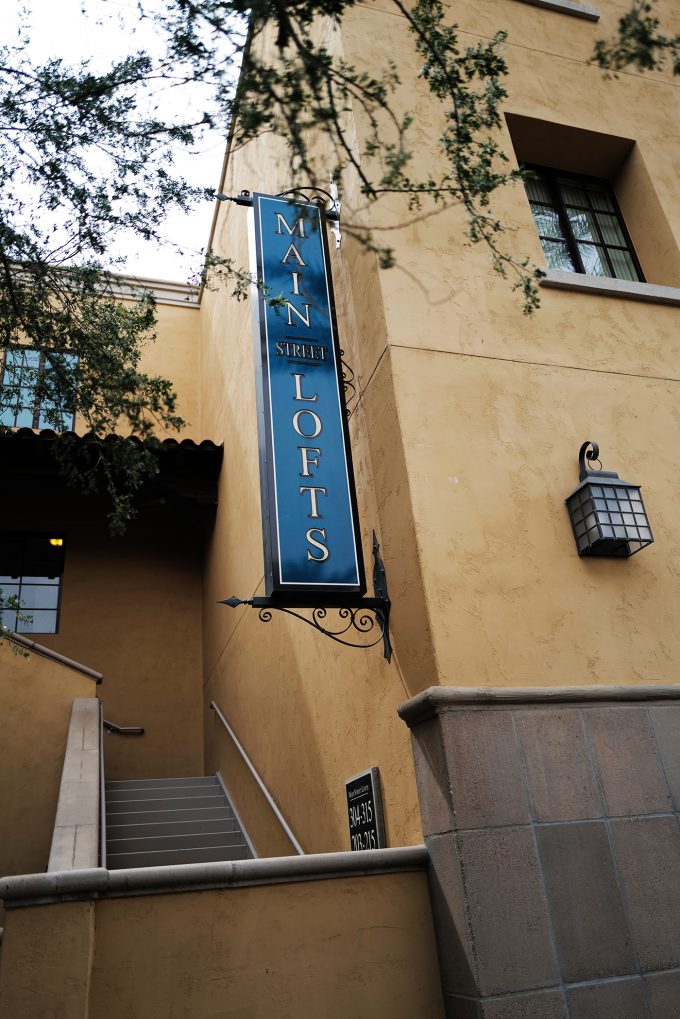
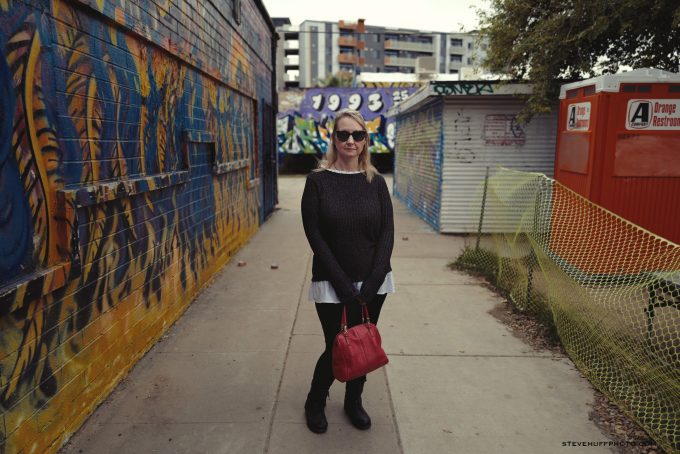
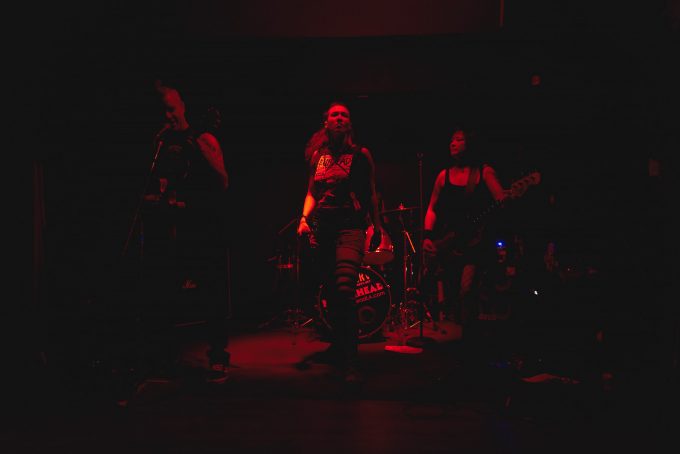
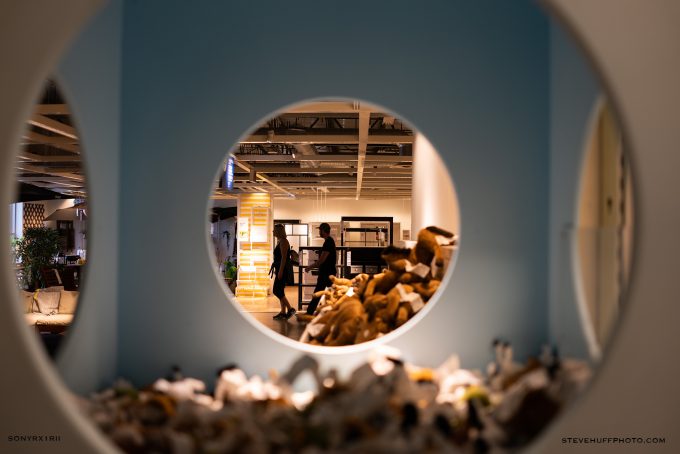
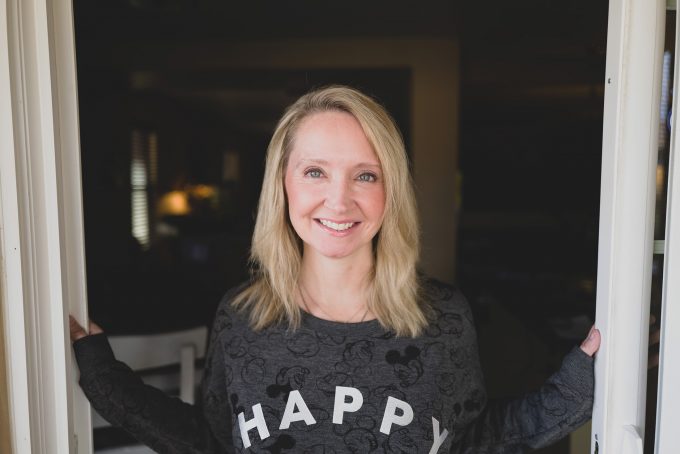
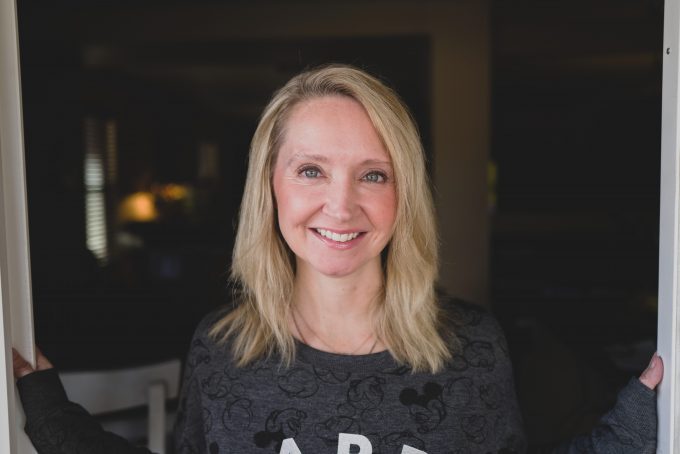
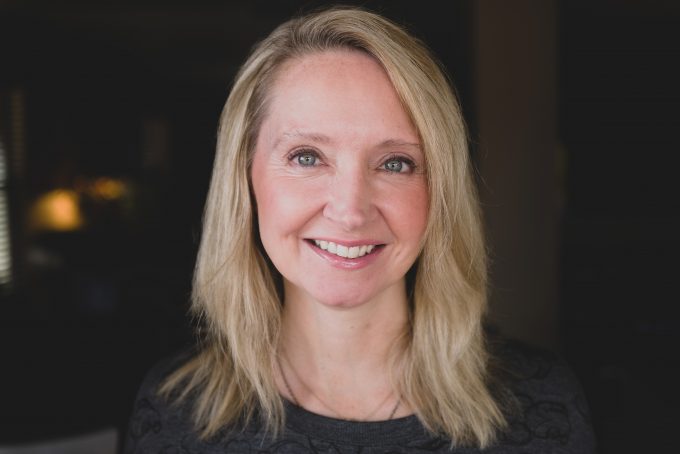
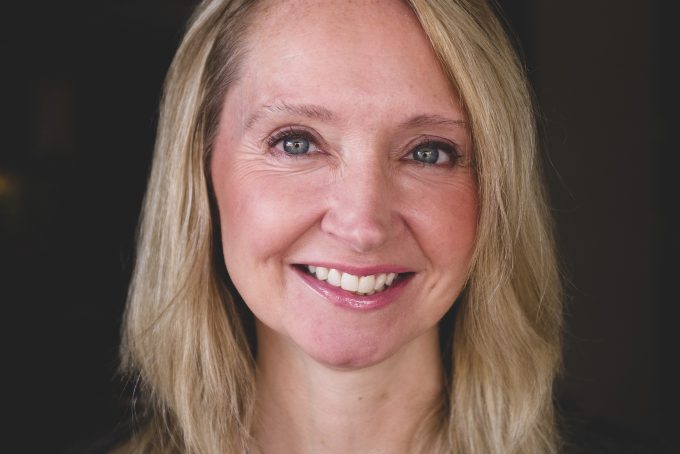
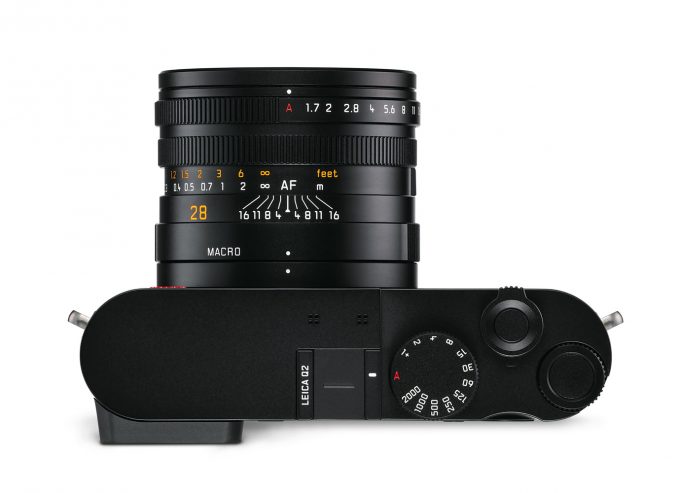
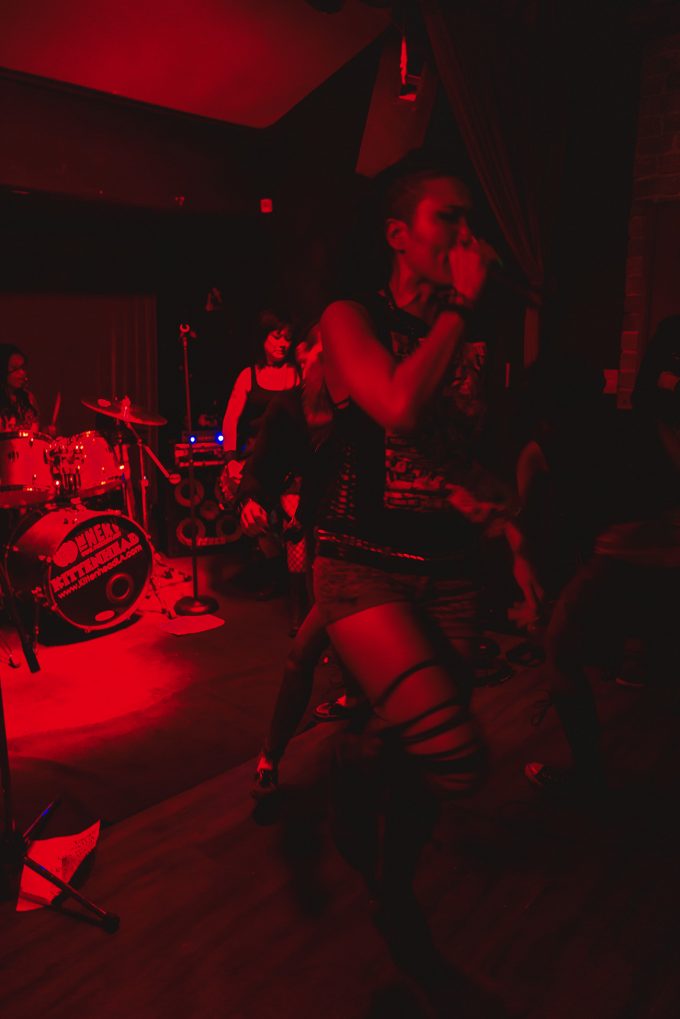
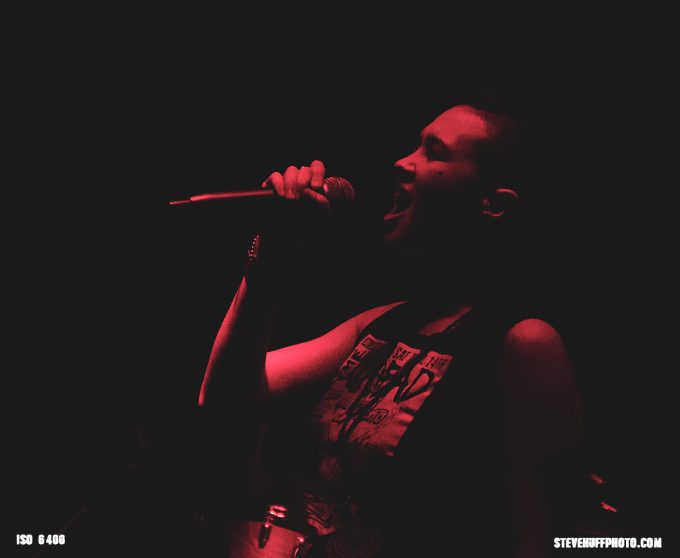
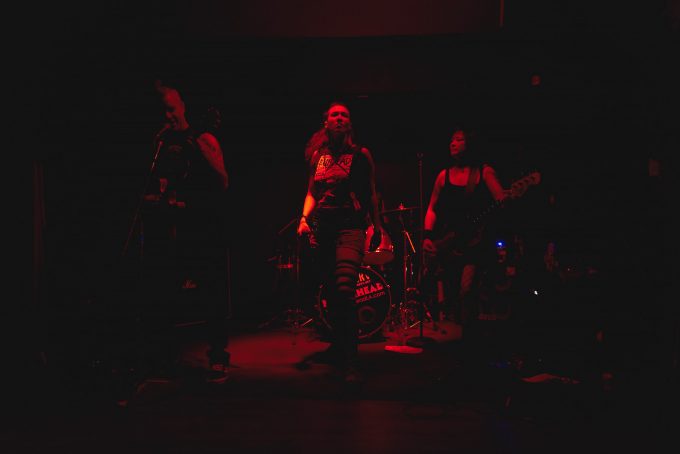
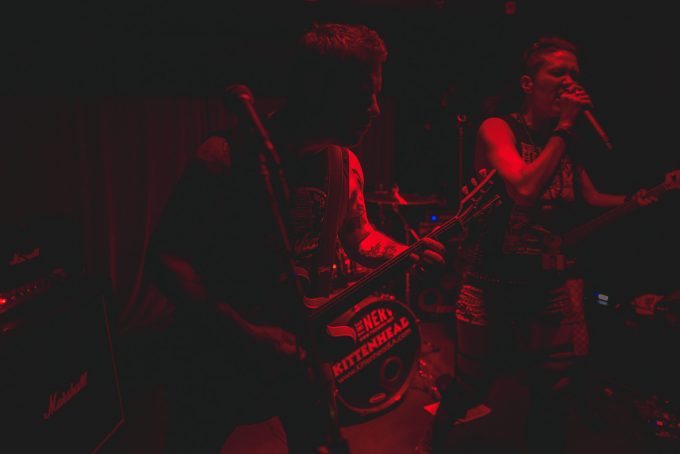
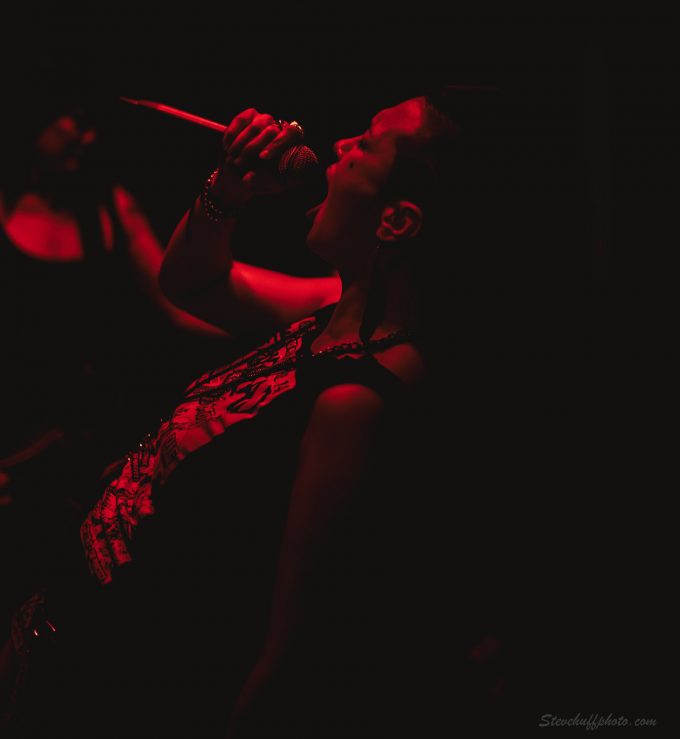
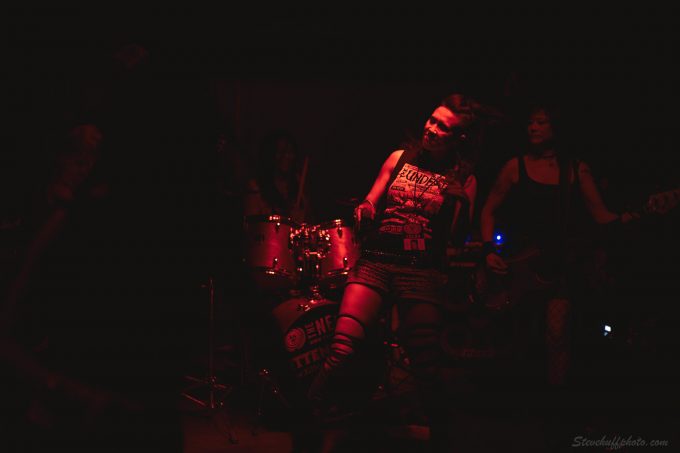
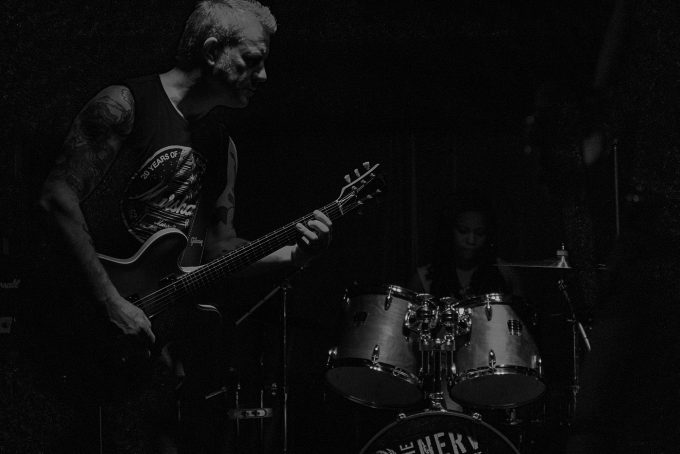
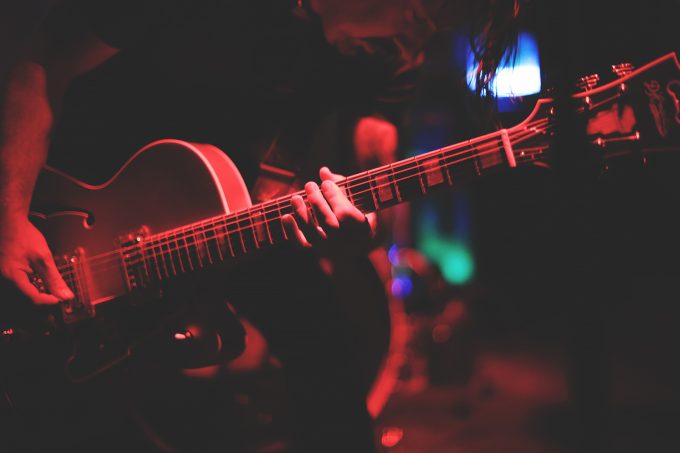
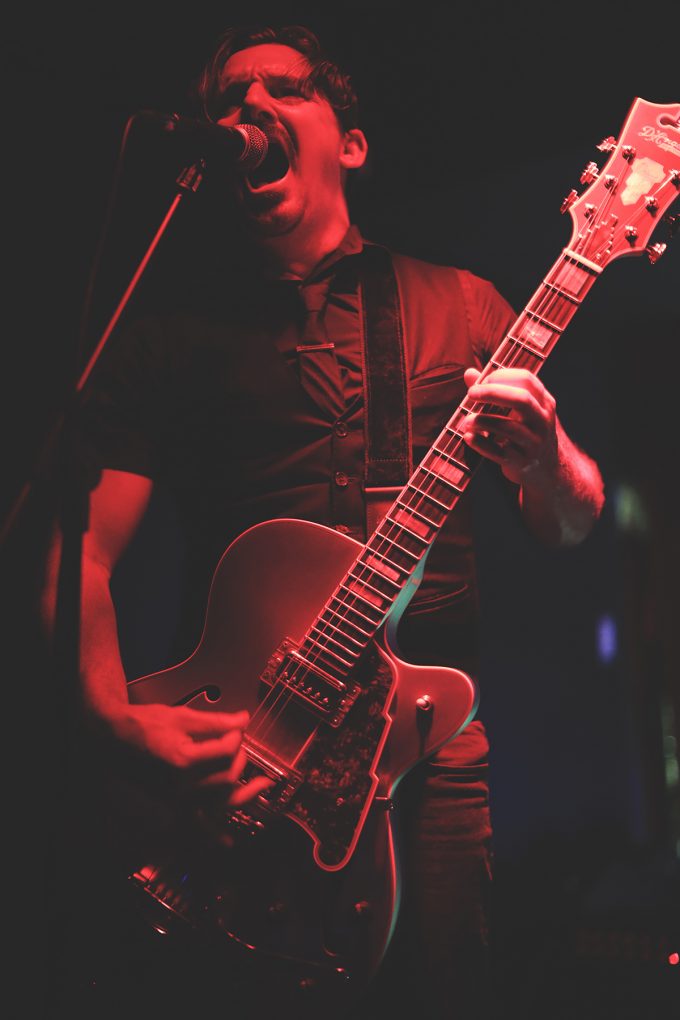
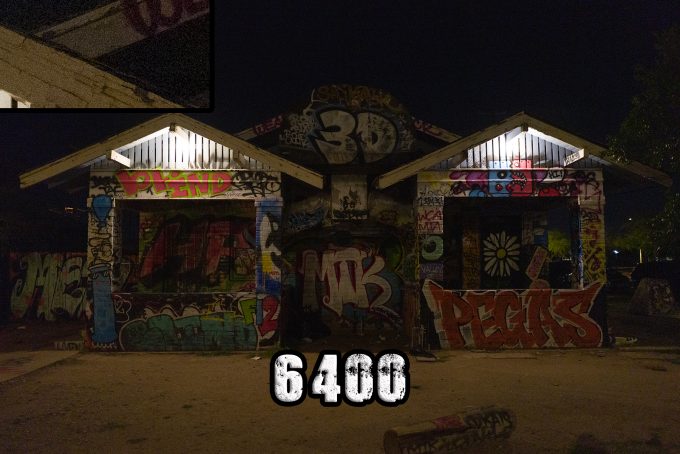
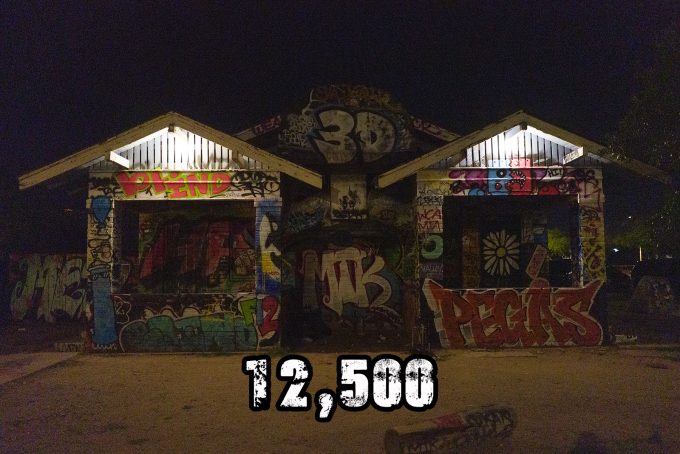
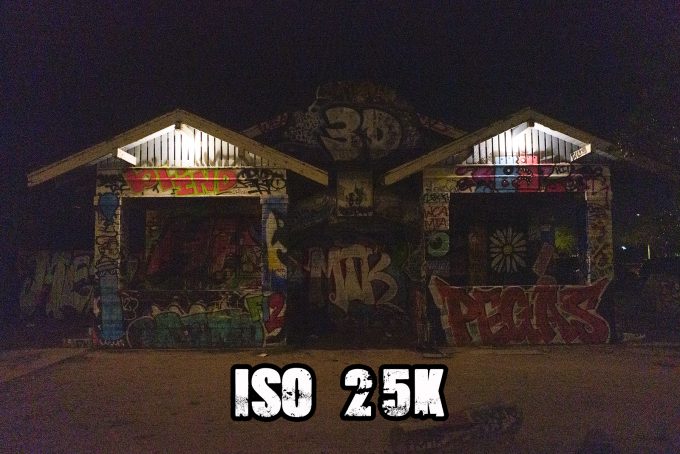
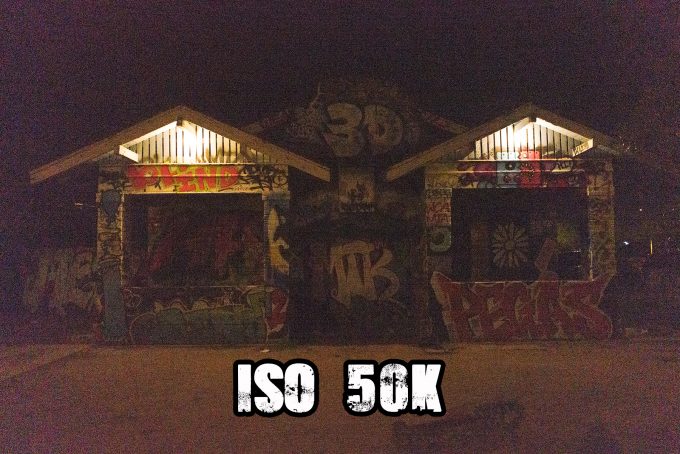
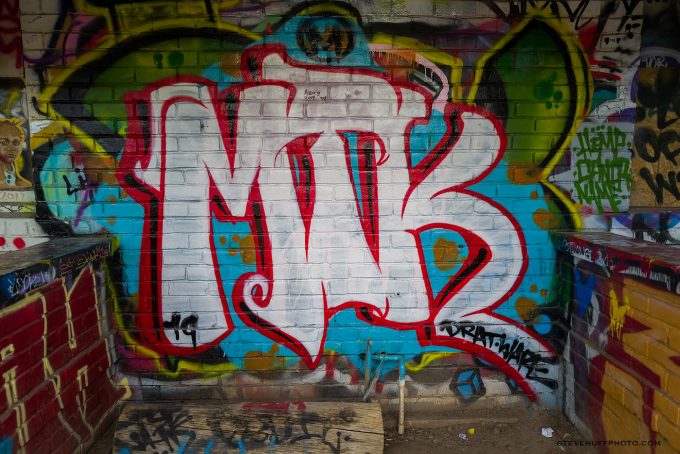
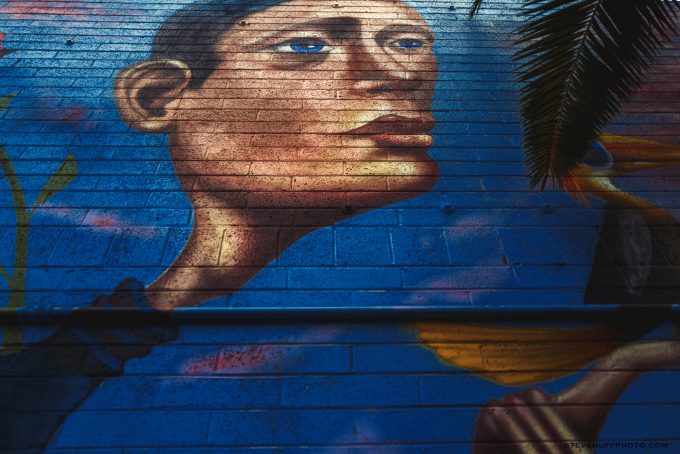
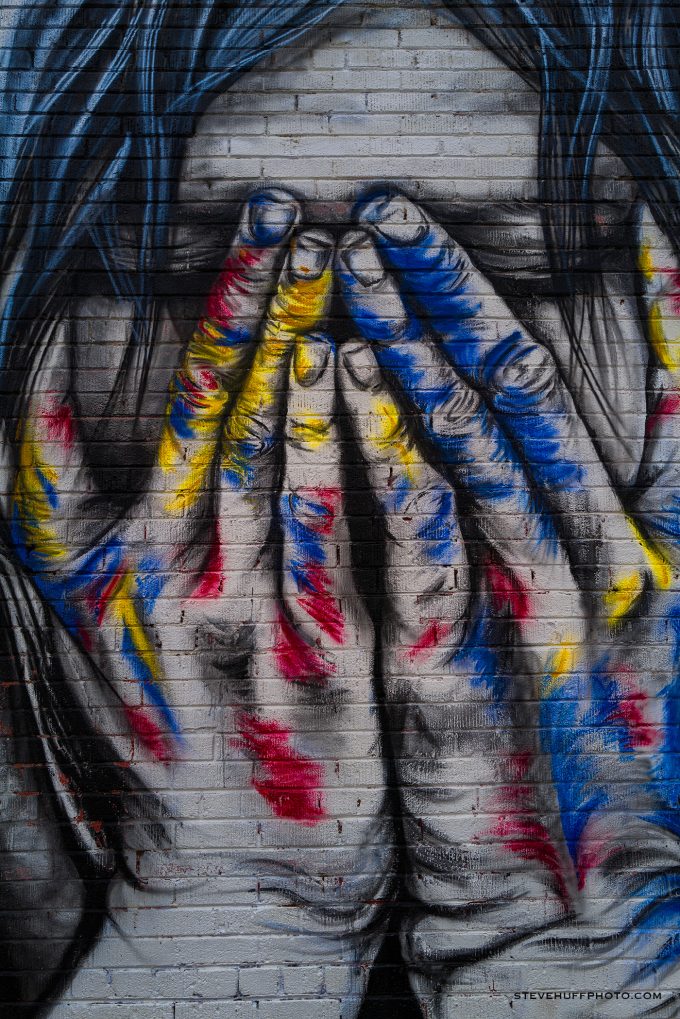
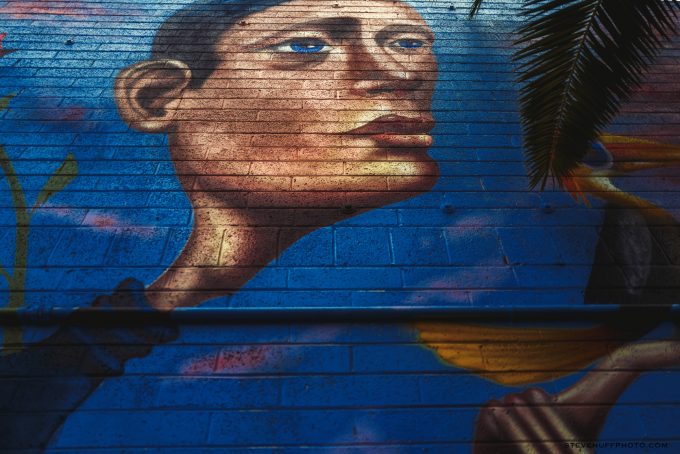
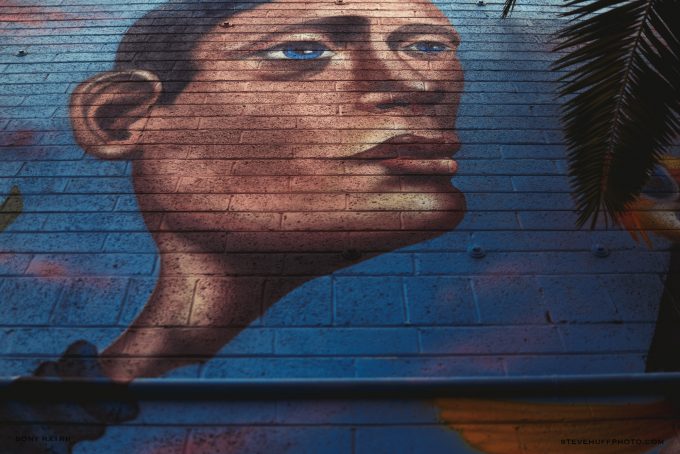
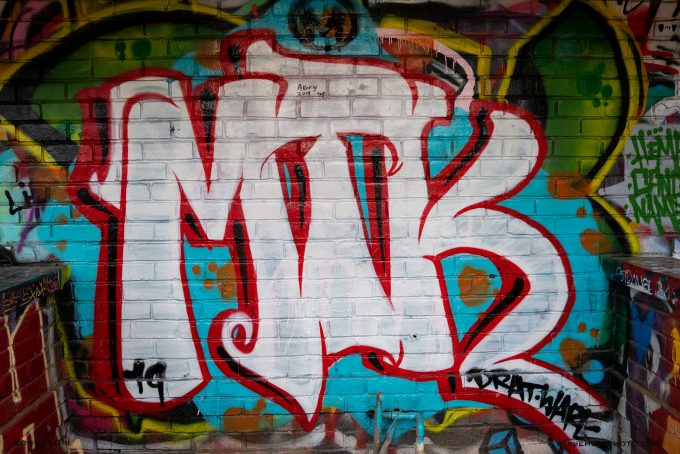
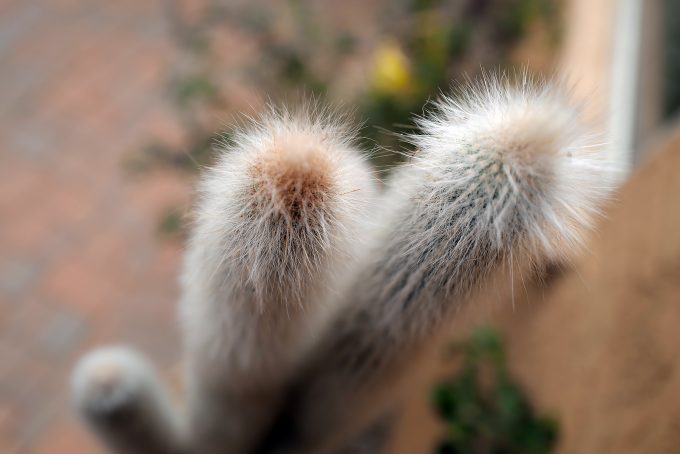
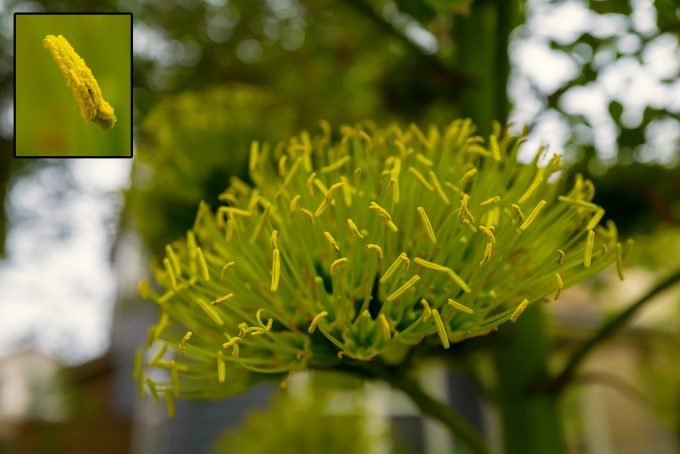
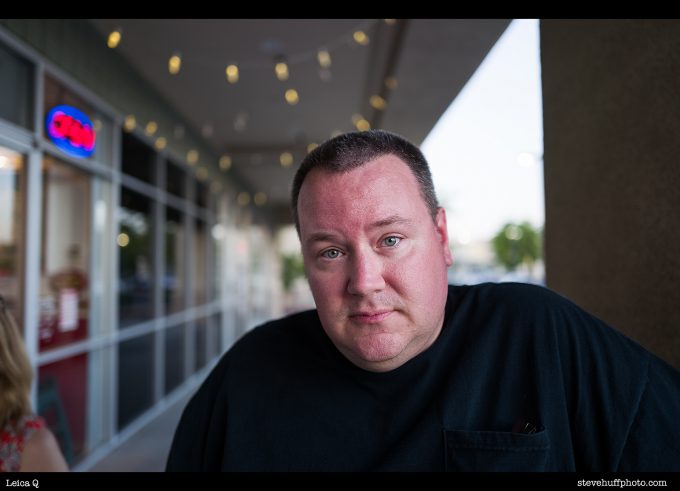
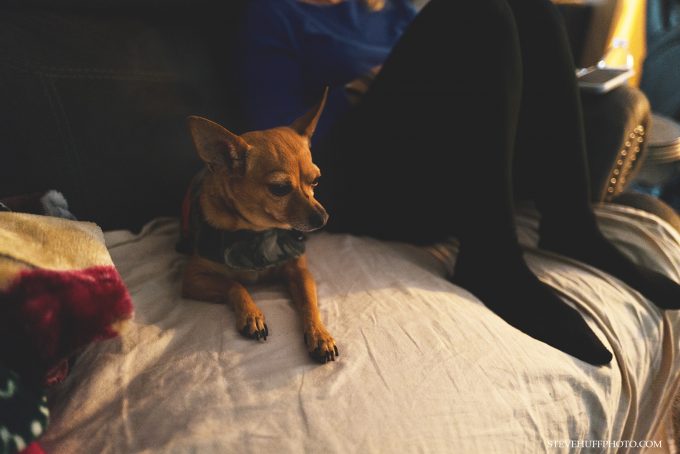
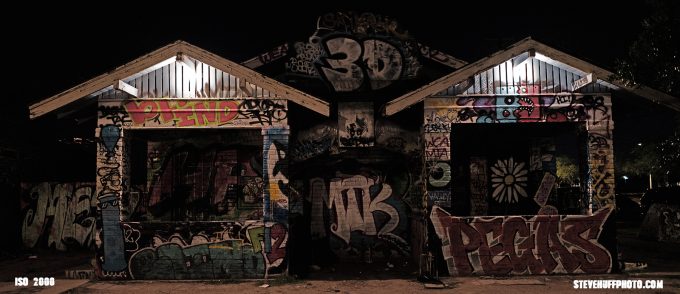
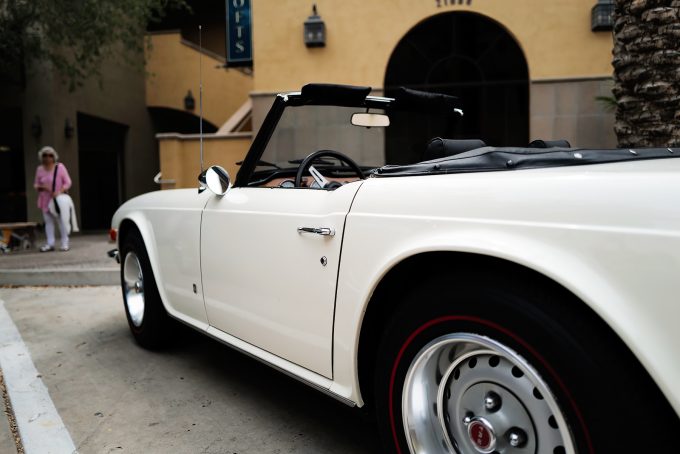
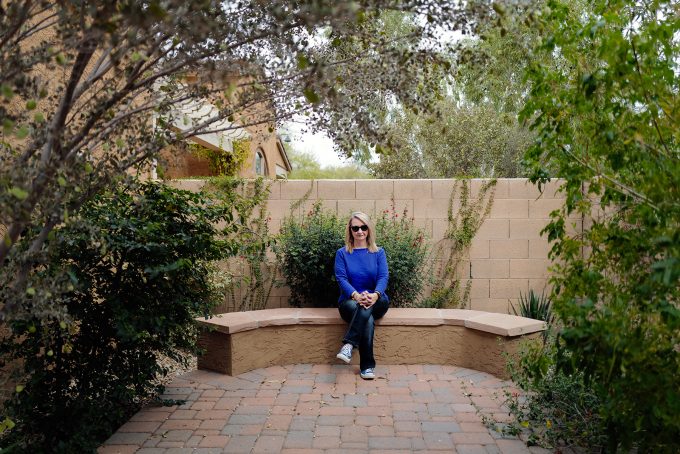
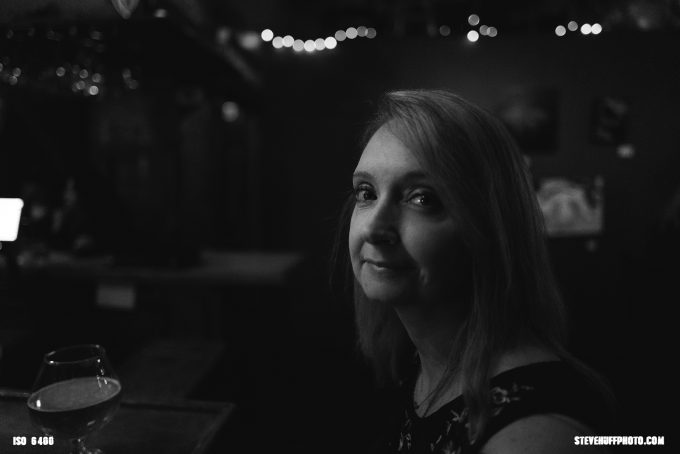
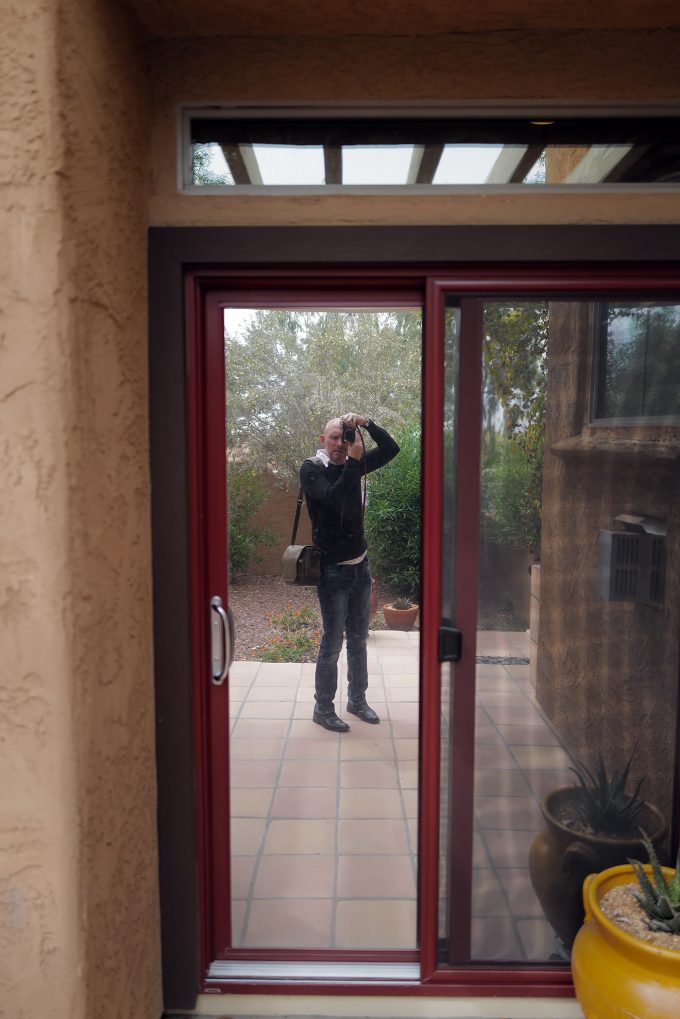
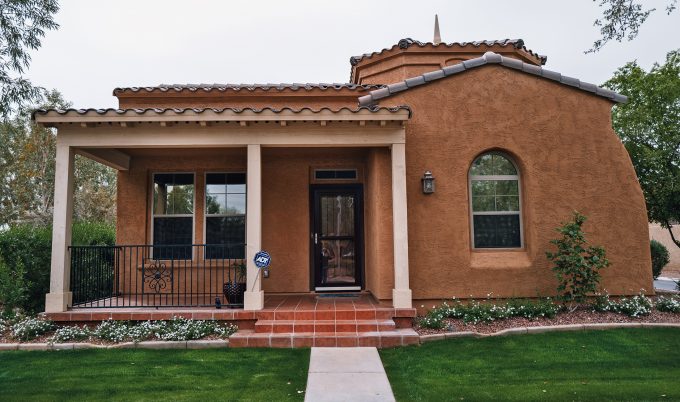
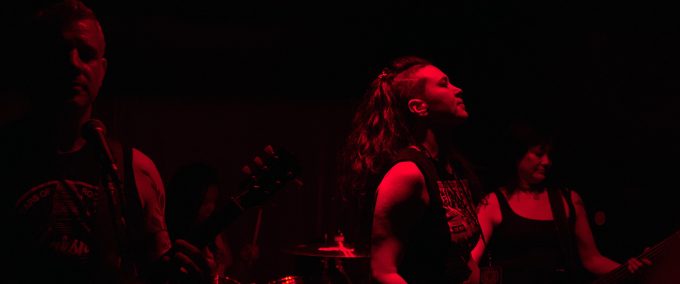
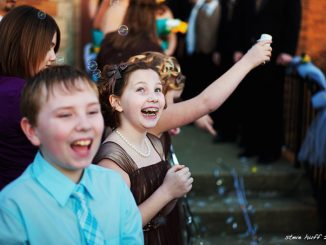

I have been wondering about the crop zoom feature.
A 28mm has a the distortion that a 28mm lens has.
Then when you change the crop to say 50mm it is a cropped 28mm image.
You would not use a 28mm lens for a portrait as the subject would have a big nose which would still be if the picture were cropped to 50mm.
Is there any concept I have missed out? Perhaps a Leica 28mm would not have the 28mm distortion? Or considerably reduced because it’s a Leica?
If your subject has a big nose, move farther away. Keep the same distance that you would with a 50mm lens. And then compose the picture in crop mode. You will get the same image that you would have gotten with a 50mm lens. The difference is that you’ve lost 75% of your pixels, but for most work, that’s fine.
Hey Steve, Great Review! Interms of image quality lookinng at the color tones, seems like original Q produces better look of leica than the Q2. What is your opinion on this? Thanks in advance. looking forward to hear from you.
I agree on the Q vs Q2. I prefer the color of the original as well as the 24MP sensor size.
Hi Steve, thanks for all your reviews and your YouToube channel, both of which I really do like and appreciate. So thank you for those. I have been shooting with Leicas for quite a while (R4, R6.2, R9, and M6, M9 and soon also M10P). Whilst I really love Leica (brand, lenses, feel, IQ…) I sometimes had issues with global availabilty, service and reliability, so I have choosen Canon (now 1DxMk2 and R, like you) as my backbone system. And now – since 3 weeks – the Q2. Currently I am in Vienna, having a couple of days off, so I decided to take my M9 and some lenses with me and the Q2. Tell you what, I haven‘t even touched the M, since the Q2 does not want to get off my hands. I find it so easy shooting with that camera and I really love the workflow with it. I was never very much in 28mm, on the Canon I do prefer the 16-35, mostly at the wider end, and my main standard lens on the M has always been 35mm, rarely a 21. However, I realised how much I do like the 28 (which I hadn‘t expected). Also – as always with Leica – I love the straight forward appraoch, which frees me up from fiddling around with buttons and settings. Unfortunately I have to agree with you on high ISO, which is not as good as expected. The other thing which really annoys me is that the button midst the selectors („joystick“) ican change the modus of the camera, once pressed. So in the beginning I sometimes changed from foto to video mode in error by pressing the button whilst carrying the camera around. I would really love if I could completely disable video, as I do not shoot video at all. Maybe a minor and very individual thing, but is a little dislike though. Apart from that, I love this camera and am looking forward shooting the hell out of it! Thanks Steve for all your efforts and reviews, good stuff! Best Regards, Michael
Hi Steve, try a Nikon Z6 for low light performance in multishot mode…amazing results!
That would be for static subjects only, correct?
Not only, at high iso also for slow moving objects/people.
Some Sony NEX bodies have that feature. It allows you to shoot handheld, but yes, it’s for static subjects.
Its hard to justify this when the fuji xt3 I have is such an excellent camera.
I don’t see an XT3 being a comparable…it’s an ILC camera and not FF. Aside from that, buying a Leica is never about ‘value for money’. There will always be cheaper, capable cameras you can buy.
All I can tell you is that starting in 2008 when I bought a used M8 I have have always owned a Leica as there is nothing that can compare for user experience. For me it comes down to fit and finish, build quality and yes image quality. While many cameras can match the image quality none match the build, fit and finish. I owned the original X-Pro1 as an example and as much as I wanted to love the camera, it felt hollow and cheap in the hand and for me this ruined the experience of using it.
I agree Clint. Leica is not about value but what you stated here. Thanks.
When the Q2 was announced, I was entranced, visited the Bellevue WA Leica store and handled the camera, fell in love, and put my name on a long waiting list. I was hoping the camera would arrive before a trip to Hawaii in the coming weeks, but was informed this would not happen. This sent me on a quest for a new light weight carry around solution for landscapes in Hawaii.Enter my Sony A7RIII with its humongous 24-105 Sony lens, a heavy weight if there ever was one, and unsuitable for my walkabout purposes. I started searching for a light weight lens at my favorite 35mm focal length and came up with the ridiculously inexpensive Samyang 35mm F2.8 FE autofocus lens. What could I lose by trying it. So I ordered it.
With this lens attached, my A7RIII lost a huge amount of weight and volume, became as easily portable as the Q2, and only a few ounces heavier. And I was blown away by the quality of the images in a pre-Hawaii shoot around Bellevue’s Marymoor Park. So, for an additional $299, including tax, I now have a light weight camera what will do everything the Q2 can and is much better in low light. While it is true that the color science directly out of the two cameras is different, the post processing I do renders the differences irrelevant. So, I have taken my name off the Q2 reservation list and will be happily off to Hawaii with my now lightweight Sony A7RIII with 35mm Samyang lens.
That is certainly a smart solution. You still get a lot of cropping potential, and you get to change lenses later.
IMHO, though, the Q2 would give you a better 35mm lens than the A7rIII. The reason: you can set the Q2 to 35mm mode and if you need to, you can ‘zoom out’ a little later if you need to. So you’re buying some insurance, so to speak.
But the Sony does have the cost advantage – and the sensor shift mode as well.
Dear James,
I went the other way. I had an A7r2 + Samyang 35 2.8 and sold both to get the q2. I was always happy with the sharpness of the Samyang (which I replaced for my Sony/Zeiss 35 2.8 since I saw no real difference, but pricing). The thing was, my pictures where missing some special look to them, which I liked so much from my Sony/Zeiss 35 1.4. This lens together with a7r2 was too big. And that’s where the q2 caught my attention. I sold a lot of Sony stuff to get the q2 (some would call it really stupid). In the end: I am missing nothing I sold. I could not be happier since I do not have to think about lens changing while being on the road with my family. For serious shooting I use my a7r3 and primes. But for all day use, this camera is so nice. One thing not mentioned here: the q2 is real understatement. It catches nearly no attention (even compared to an a7 body + small lens). You look like a tourist, which I like
Thanks Steve. It is interesting to see the comparison photos in the various “stress tests” that your testing accomplishes.
Nevertheless, in “real life” most of us will of course not be photographing in such challenging conditions. For such prosaic situations, one might well find that cameras that are considerably less costly would produce the exact same results.
Thanks for this review. Good remarks on the issue of packing more MPs on the same size silicon (in this case Q2 47 vs. the Q 24). Much smaller photo sites produce compromise in image flexibility.
I had an original Q and very much enjoyed using it. Sold it and went to the CL for the ability to change lenses. I’m glad I made the switch.
I had thought of maybe and SL2 with my CL lenses but after reading this I appreciate my CL even more.
I’m still a big fan of my 24mp MK1 RX1R (EVF is a must). I prefer this even over the mark II as i have had both, don’t know why but the files from the mk1 just have a little something extra special to them.
Slightly slower to use but massive IQ for around £1000 with the eve nowadays. I’d definitely recommend this as a low cost option that can hold its own.
The real Leica Q competitor is Ricoh GR. Both of them 28mm. It’s true that the Q is FF and GR APSC, but for street photo that’s negligible could be argued. The main difference is the lack of EVF in the Ricoh. Depending on your shooting style that could be important –not form me. And GR, that has a supersharp lens and a wonderful B&W, has also now the excelent Pentax jpg color engine. And it’s seven times cheaper than the Q. I love the M-10, but for a fixed 28mm (equiv) lens, and fast street use, nothing like the GR.
Hello again Steve,
I am curious to know your experience with the Bluetooth function on the Q2 with the app compared to the M10 or the SL using the wifi. Is it smoother, faster, consistent?
The Q series, in particular the Q2, refines the concept of cropping over zooming, or changing lenses. If I was a PJ or a press photographer, I’d rather a Q than a system camera with a 28-70/2.8. OTOH system cameras give you the option of 24mm at the wide end.
And here’s another way to look at the equation: compare the Q2 to a Micro 4/3 body with a 14-40/2.8. Which makes more sense?
Let’s compare a high-res DSLR + 28/1.8 with the Q2 for specs: the Q2 is faster, smaller, has the same or better image quality, and not necessarily more expensive. Both cameras give great images, no question. But, again, which makes more sense?
What I think we’ll see from Leica in the future: a camera like the Q with a ProFormat sensor (45x30mm) and a fixed 35mm Summicron.
The Q doesn’t suit the subject matter than I usually shoot, so it’s not for me. But I wish it was. 🙂
Hi Steve I thought the X1D not Canon was your all time top low light camera?
I bought and shot the X1D long before I ever tried the Canon 1dXII. The 1dXII is the best camera I have used, as a whole, for shooting low light clubs. From Af, to response, to processing speed, to color, noise (lack of) and for me the resolution of 20MP is perfect for this kind of shooting. The X1D is awesome here as well, just a different kind of shooting experience. Thanks
But is it better than the Pen-F? It doesn’t look much better, and the Pen-F is much cheaper, can change lenses, has the lovely Mono mode and looks beautiful.
The Pen F is an exceedingly lovely camera. But have you tried moving a focus point around with the camera held to
your eye? Gave me the cramps.
Ok so for me, it’s not worth the 5,000 (closer to six once you dress it out). It comes down to the lens, nothing wrong with the Q lens of course, it’s just that I prefer the Sonnar 2/35 Zeiss for anything inside of a couple feet, even out to 5’, especially at f2 where the Sonnar is unmatched IMO, the rendering is simply superb…best stubby 35 on the planet. Therefor I’ll take a RX1R off of eBay for about 15 hundo throw a RRS grip on it, grab some extra batteries and spend the other 4,000 on the vacation. Oh and grab a copy of Capture One 12 at half price, you won’t believe your eyes when you see how it handles Sony colors 😉
Yes, Capture One does handle well the Sony files and the Sonnar is gorgeous. The only downside is some purple fringing I can’t cope with
Interesting your point with the sweet spot at 24mp. I have had the original Rx1r and now own the Rx1tii and can’t say the letter is better, but processing the huge files is annoying, even on a recent MacBook Pro. I find it usable up to ISO 1600, do like the EVF and better AF though.
Your review of the rx1rii made me buy it instead of the Q, and it Is a fine camera in terms of size and iq, but it’s no fun to use. on the other hand, 28mm is not my focal distance, so I will stick most likely with the rx, even though the Q-P is beautiful, but if the prices drop…?
Anyway, many thanks for the review!
What’s the bag over your shoulder? Looks great.
Wotancraft Ryker (the new version) – I did a video on it a while back here: https://www.youtube.com/watch?v=iiHtwKyMyao&t=346s
Oh, THAT one. Very nice!
Steve, great photo of graffiti chic with hands on her face!!! Did you take that in Phoenix??
Yes, thank you! It can also be seen in my Hasselblad X1D review ; )
I like the way you framed it better with the Leica than the X1D or was that because you were using a 50 with the X1D. Love that pic! Would love to blow that up. Can I offer you some $$ for the original RAW file? I assume the XID will be much better for blowing up.
If you had to choose only one camera with only one lens to use for rest of your life:
1) Sony A7R3 + Loxia 35 (or Voig 40mm 1.2)
2) Leica Q2
3) Zeiss Zx1
4) Rx1r2
btw … I have Sony A7R3 already with 3 lenses (50 1.4, 90 2.8 and 16-35 2.8) – love everything but wanted something more compact to go skiing with or to grab on the fly … something that can fit in a fanny pack.
Zx1 is ginormous and I would never waste time editing photos on a camera!
Better off with a7r3 and loxia … next
rx1r2 does not have stabilization and is too old tech … next
rx1r3 might be best option but Steve does not think it will ever happen … next
so get Q2 or get smaller lens for my A7r3? either loxia 35 or voigt 40?
loxia 35 = 340 grams OR voigt 40 = 420 grams
A7R3 = 582 grams
TOTAL = 922 grams VERSUS Q2 = 718 grams
Is this big enough of a difference?
Also leica is weather sealed which is nice but limited to 28mm.
I dunno … help!
If consensus is to stick with a7r3 which is better loxia 35 or voigt 40?
I choose Leica SL and Voigtlander 50 1.2
I doubt that the a7r3 with the Loxia will be better than the rx1r2. And it’s smaller and has AF.
Good review, Steve. I like that you do a ‘subjective’ viewpoint. When Leica came out with the Q, it was the first digital camera I really liked. I still FEEL the same way < about it being a 'real camera'! But $$$…
I just bought the new Ricoh GR III because I travel a lot on a fold-up bike in cities.
(If I fall off, I only want to worry about me, not my camera $ being damaged! Plus I don't want to endanger myself to theft, when I'm in seedy parts of whatever town I'm in!) Unfortunately there is no 'CAMERA-thrill' in using it!
Still, I hope you do a comprehensive review of it. It is in a nich all by itself because of small size and great IQ.
A great tool for travel with no real completion. Thanks again.
Probably a great camera but still, a one-trick-pony with its fixed focal length lens…but, you lose many, many megapixels of resolution when you try to do a “digital zoom” telephoto effect.
That’s a bummer with low light.
47MP kills it even with F1.7
Maaaaan Leica could implement 15MP mode Firmware update better low light.
20MP on FF 1Dx Mk2 is a Monsterrr.
Wonder how it compares to 10MP GH5s low light. Youtube comparison shows GH5s sightly better low light than 1Dx Mk2.
1Dx Mk2 Dual Pixel AF destroys GH5s DFD AF.
Touchscreen AF GH5s makes up for some slow AF.
GH5s also better than Sony A7s Mk2 in low light : YouTube video real life comparison.
My Canon G1x Mk2 is my goto compact low light.
Just 12MP on a 1.5inch sensor F2 lens Tilt Touchscreen AF sure useful low light.
Apples and pears? Seems the Q2 and CL (with an 18/23 and 18-56) cover some of the same ground. Sort of. If you’re going to drop $5k on a Leica, are the losses of going to the smaller sensor worth the tradeoff in flexibility?
Well, those who want a Q will need to really love the 28mm focal length. I used to dislike it but after shooting an MD with 28 Lux for a while I sort of started to really enjoy it. But a CL will have an APS-C but still deliver the same look, and potentially more shallow DOF due to being able to swap to a different lens.So yea, valid point!
An excellent and well-balanced review Steve – thank you! I will be keeping my Leica Q-P. I agree that there is something unique and different about the rendering on the current 24MP sensor – which is indeed the visual sweet spot IMHO. Leica has admirably made things work at 47MP, even given the smaller, more densely packed sensor. Like everything else in photography, there is never a free lunch and everything is a trade-off. In the case of the Q2, we get more noise and less dynamic range/shadow recovery at higher ISOs—although noise can be mitigated with down-sampling.
Many street photographers relish shooting in late afternoon when the shadows are deep and the ambient light starts fading. And although nobody would ever call the original Q a low-light monster, files hold up extremely well – especially in color acuity and DR. I’m less than impressed with some of the sample images I’ve seen from the Q2, although the cam is still capable of gorgeous imagery under brighter condition. While maybe aesthetically subtle, the original Q seems to retain an organic film-like vibe, whereas Q2 files appear a bit more clinical and digital to my eyes. Pixel changes aside, Leica has eliminated the anti-aliasing filter (introducing more sharpness, but possibly more moire), which could be changing the visual recipe a bit. Both are excellent choices depending on your needs. Q2 isn’t a better camera…it’s just different.
Hi. Your commentary about low light performance interested me. With Sony A9 and A99ii, I’ve always prefer the low light results of 24mp A9. I chalked it up to bigger photosites they don’t heat up as much. I’ve heard many people argue that point.
Thanks, A
Yes, the A9 and A7III do very well in low light due to the 24MP sensor. When they go higher the noise is greater. I think that is why I always loved 24MP. It gives enough resolution for me, and improves on low light over higher res. Thanks!
Very interesting about the ISO performance. The new Panasonic magic sensor is not being fully realized in Q2 or the sensor is not actually that great?
The original Q seems very usable in ISO 6400 and only starts to fall badly by ISO 12k so the characteristics are similar?
Really hope that M11 has the same sensor but the oddities fixed.
A related/unrelated note. There’s an oddly large amount of misleading information regarding Q2 out there. Perhaps the Leica marketing team succeeded in some ways to word their marketing materials to make it seem like the original Q didn’t have a touch screen, didn’t have a perfectly sharp EVF or even the crop modes. (Yes, somebody actually wrote that Q2 is a a pioneer in crop modes. Hah!) It has all these things and is very sharp down to 100% pixel level thanks to its lower/sensible resolution.
Nice review Steve as always, now it is time to review the Panasonic S1 + 50 1.4. 🙂
Nice review Steve, now it is time to review the Panasonic S1 + 50 1.4 soon.
Steve, I typically enjoy your reviews. This one, not so much. Although I respect your opinion on using jpegs in the review, it’s is known and agreed upon that Leica’s jpeg engine is poor, especially at high ISO. I don’t think people who buy a $5k camera will shoot jpegs. Also you don’t tell us if those high ISO shots are jpegs or raws you converted. That’s really important as 6400 ISO jpegs mean nothing to pros. Can you please label which shots were raw and which were jpeg. thanks. You should also do a side by side test, with identical composition and subject for camera comparisons.
Only a few images here are JPEG, most are from RAW, I have no marked them. All high ISO shots here are RAW. Thank you.
Miltz, I’m one of the people you think won’t buy a $5k camera and shoot jpegs.But i do and I will.
Why? Because I don’t enjoy post and for me the joy of photography is all about the process of capturing the image outdoors.One of the reasons I prefer Leica menus to ..well, you know. When it gets to the computer I want the easiest route possible and I can get more than enough quality for my purposes from jpegs,
The less time I have to spend fiddling with a computer and converting files the better. So I care a lot about the jpeg quality in terms of color reproduction.
Great review as always. I’ll stick with my Q for now. There will be some bargain Q’s out there as people switch.
Thanks for the review, Steve. Aside from more options for cropping and not-so-good ISO performance in extreme low light, would you say the Q2 offers better IQ over the Q? Wouldn’t the higher resolution offer more detail in the same image under most (non-extreme) light conditions? I love the Q for the same reasons you do and for that special look I would call cinematic it can give to images. I am very curious about the Q2, but my #1 concern is image quality and retaining that same special look. Thanks again.
I see no more detail than the Q but the reality is why on earth would one need more detail over the 24 MP Q? Maybe 2% of Q users will make a large print and the Q will not lack in detail in a large print. Is the Q2 for pixel peepers who just like to sit and look at 100% crops of detail? Not sure but I am not one of those people. The only reason I can see for a 47MP sensor or greater is for those who like to crop. It’s not needed if you are shooting photos for the web, social media, or print. Many think it is needed, but it’s not.
Great camera from Leica but the elephant in the camera is the jumbo file size. Not fun dealing with 47MP files, on a laptop like many of us use. It isn’t just the storage but the upload time. No physical connections on this camera right? And then by the time you edit in post you are creating huge pixel files. Can’t fault Leica’s design though. real shutter speed and aperture dials, useful cropping at the time of taking the shot, which is important, and the macro mode. very nice package overall. CL is a much more versatile option for less money, takes M and L lenses and certainly has enough quality at 24MP.
Q2’s bigger battery is a win! Tough choice between these two cameras I think.
Two big improvements that the Q2 brings over the Q is weather-sealing and fixing the banding that ruined some high ISO images.
I’d agree with Steve that 6400 looks like the limit unless you’re going B&W in which case 12500 would be okay if you like the feel of the grain.
I still feel the RX1RII wins out on image quality but preordered a Q2 purely because the original Q is still the most enjoyable camera I’ve ever owned.
As for price, yes it’s a lot of money but if you check used Q prices they have held up well so the actual cost of ownership upon sale isn’t quite as bad. I owned a Q for 18 months and lost about $500 selling it, I lost the same selling the much cheaper X100S.
Great write up as always, Steve. I recently purchased the Q2 but sold it after few days of playing with Ricoh GRIII. For street photography and my shooting style I feel the Ricoh is a pocket rocket that blows the Q2 out of the park when you compare price/IQ . I don’t regret my decision one bit.
I feel with every new Leica model, they loose a special something when it comes to rendering and that special look, all in the quest for higher ISO and dynamic range and to satisfy pixel peepers.
There is nothing that separates an M10, Q2 form any sony, Canon or Nikon when it comes to IQ and look. Thats why I have stuck with my M9 and M240.
I feel like this review is going to help sell a lot of original Q’s
Q2 vs. Fuji X100F?
Well, the Q2 is full frame and will offer better IQ. The Fuji lens is soft at f2 but get sharp by f/2.8 and is best at f2. The Fuji feels cheaper in the hand, but still feels great. It’s smaller too. Leica has a much simpler interface and minimalistic film like control. The Leica will have better quality but the Fuji is nice for the price. All personal preference. Which one gets your heart beating faster? Thats the answer. The Leica is priced at the top end, the Fuji at the lower. One can almost buy 4 Fuji X100’s for the price of the Q2.
Well said and a great review. Thanks Steve. Question, will you be reviewing the Fuji XT30?